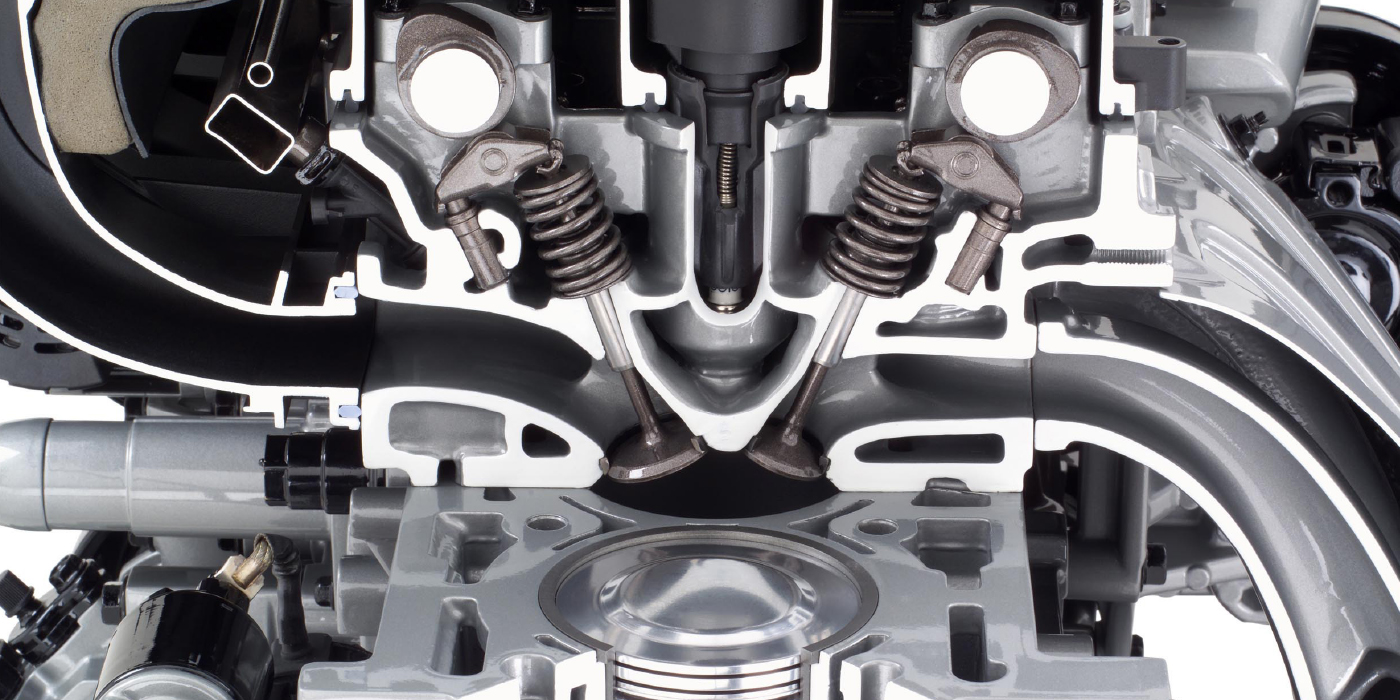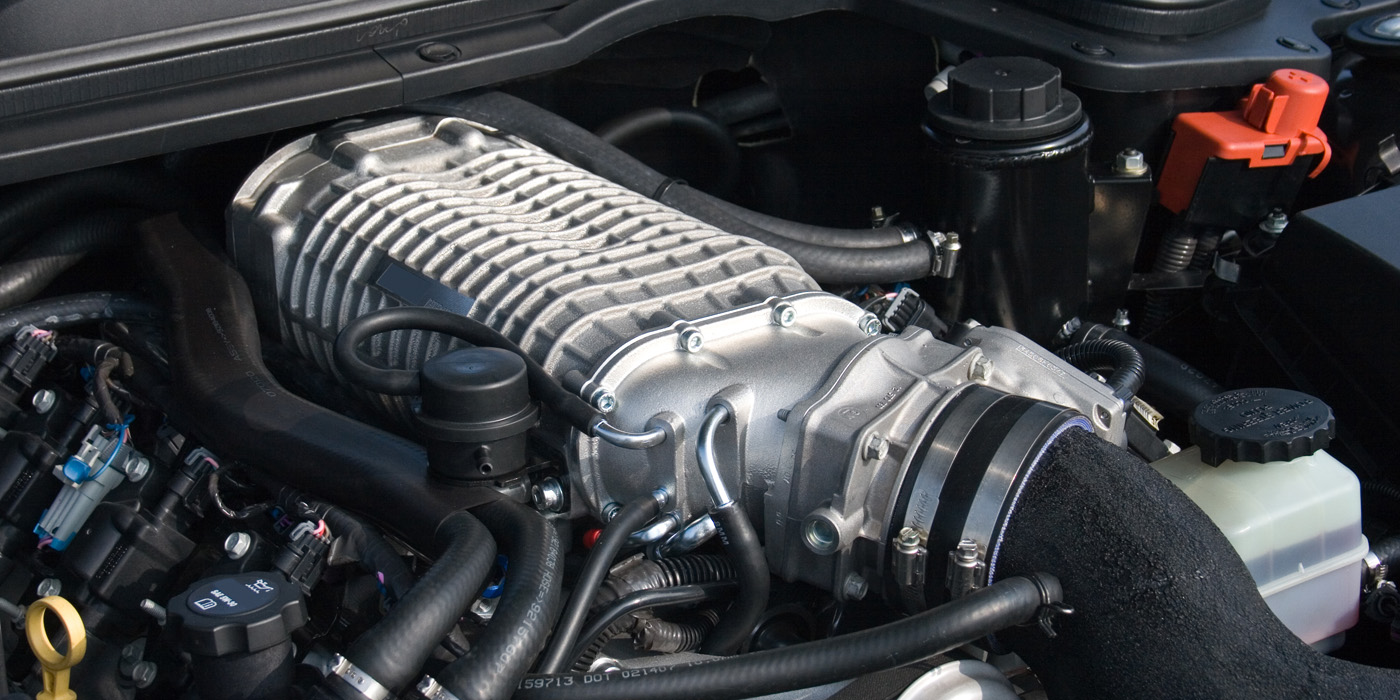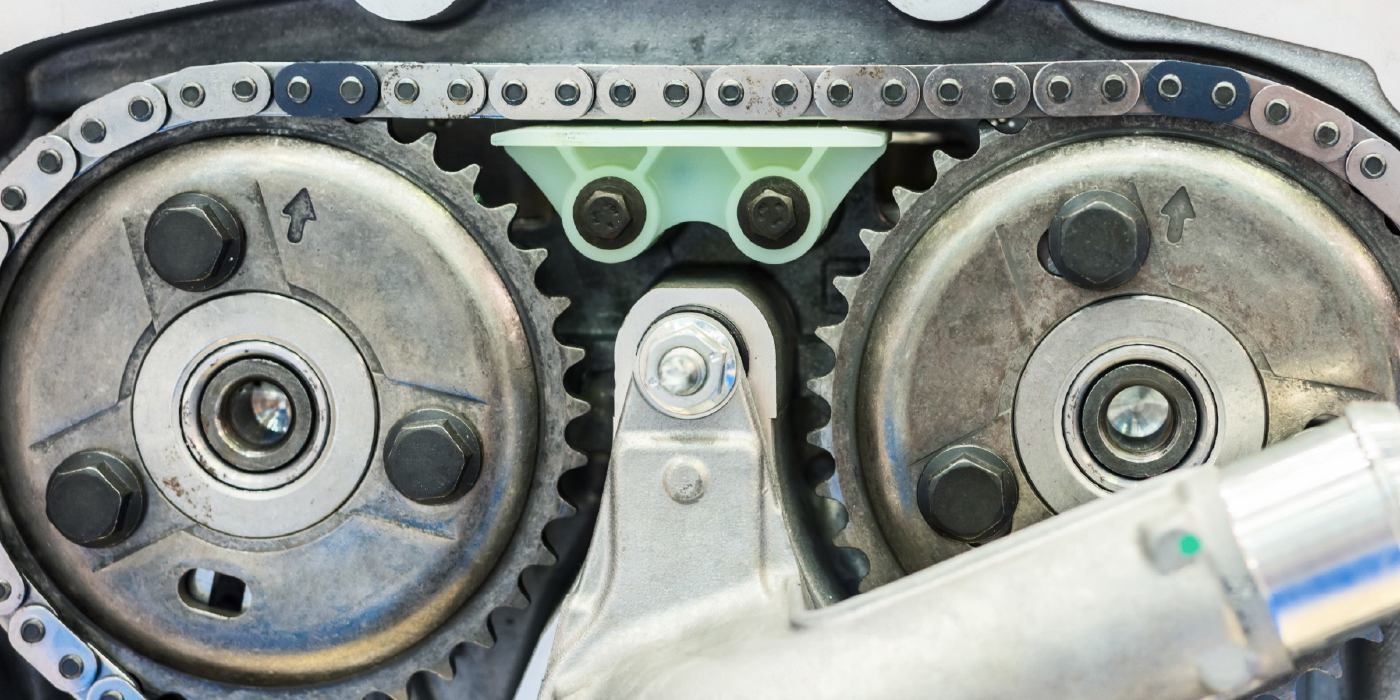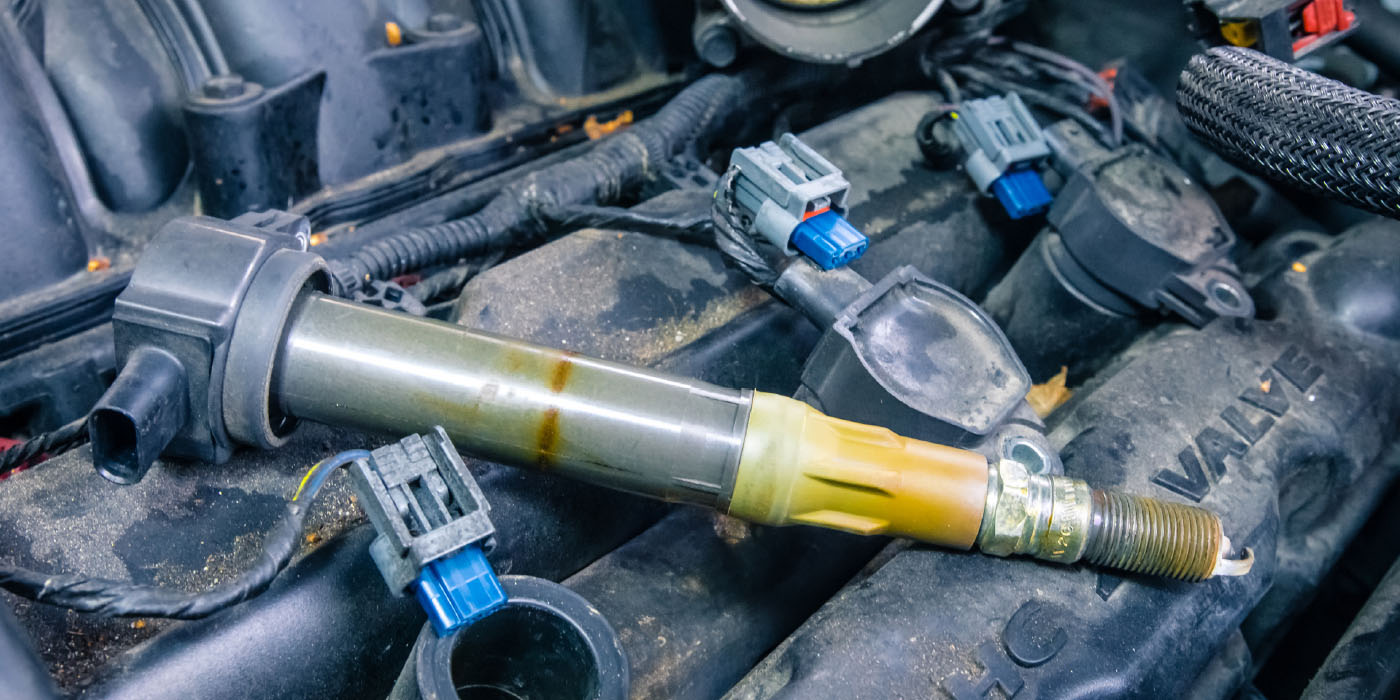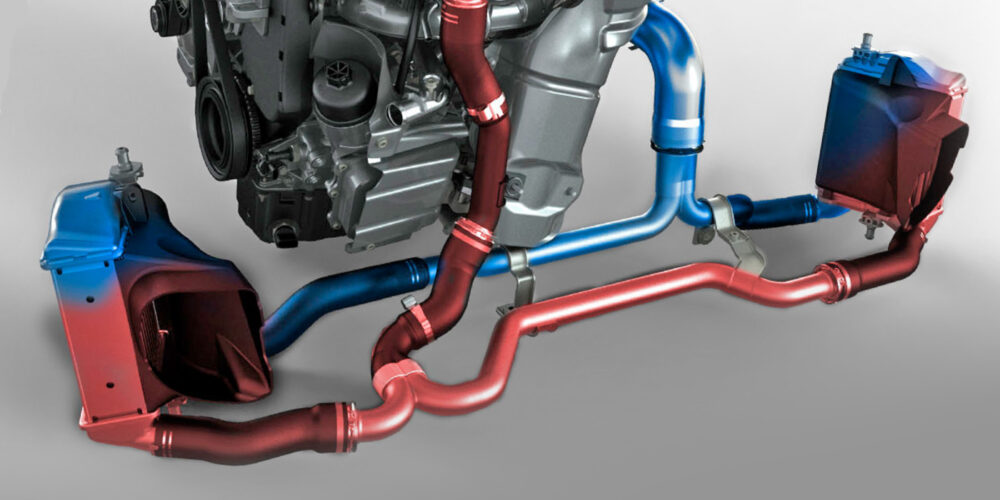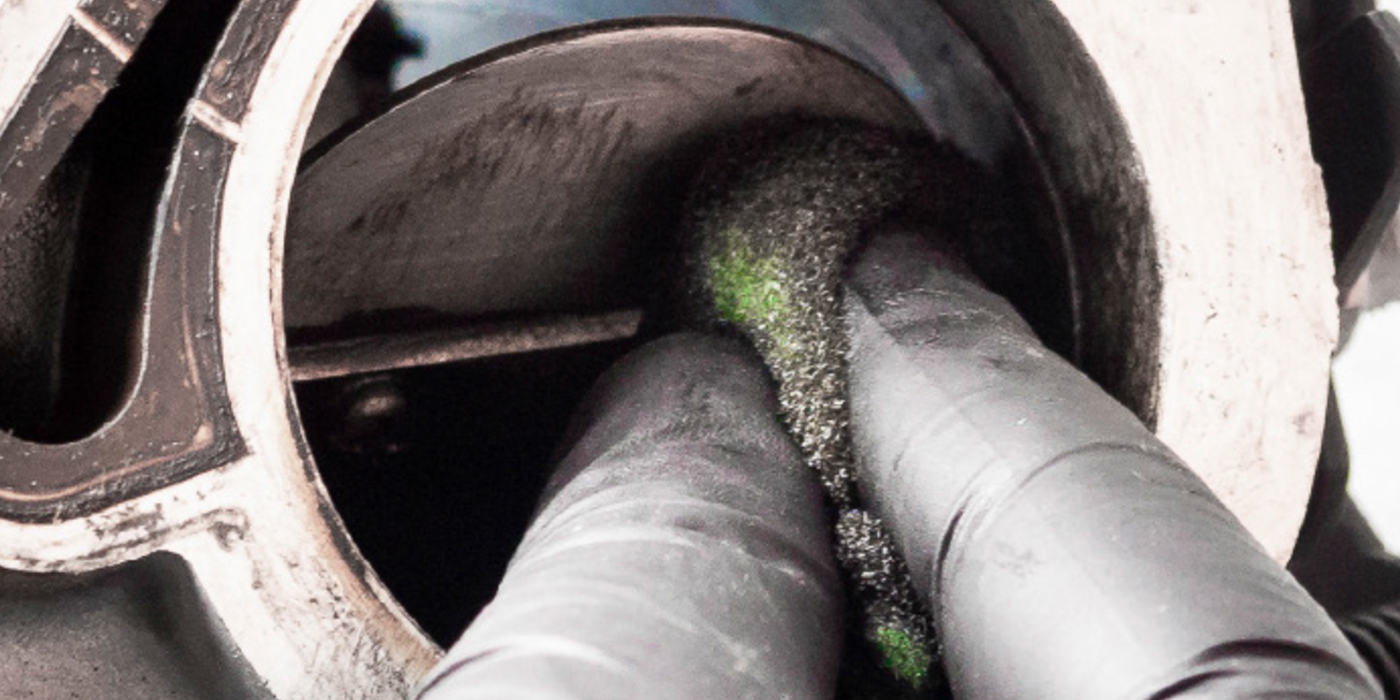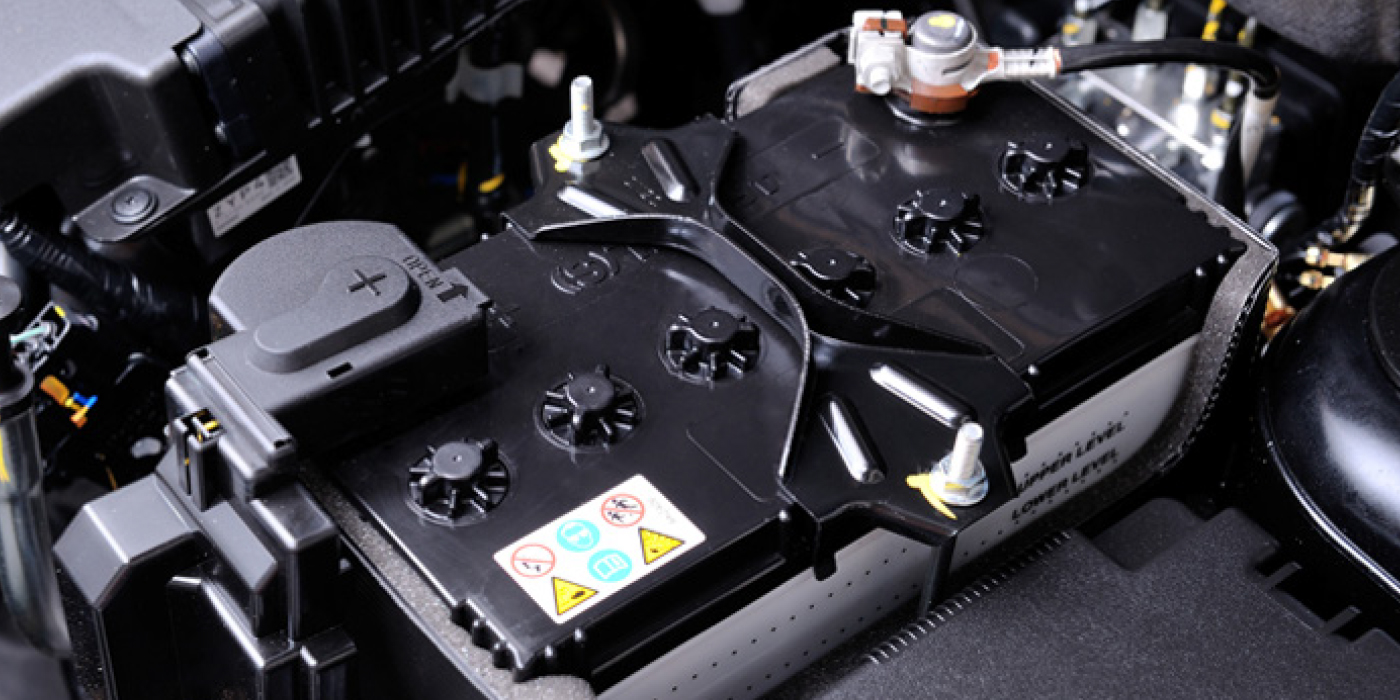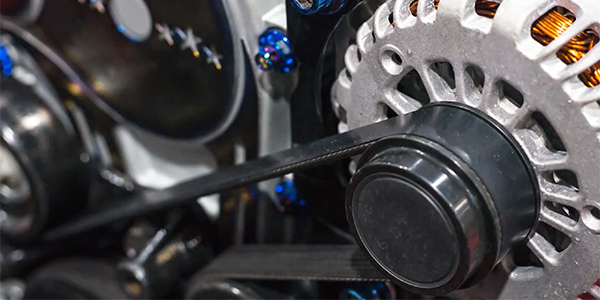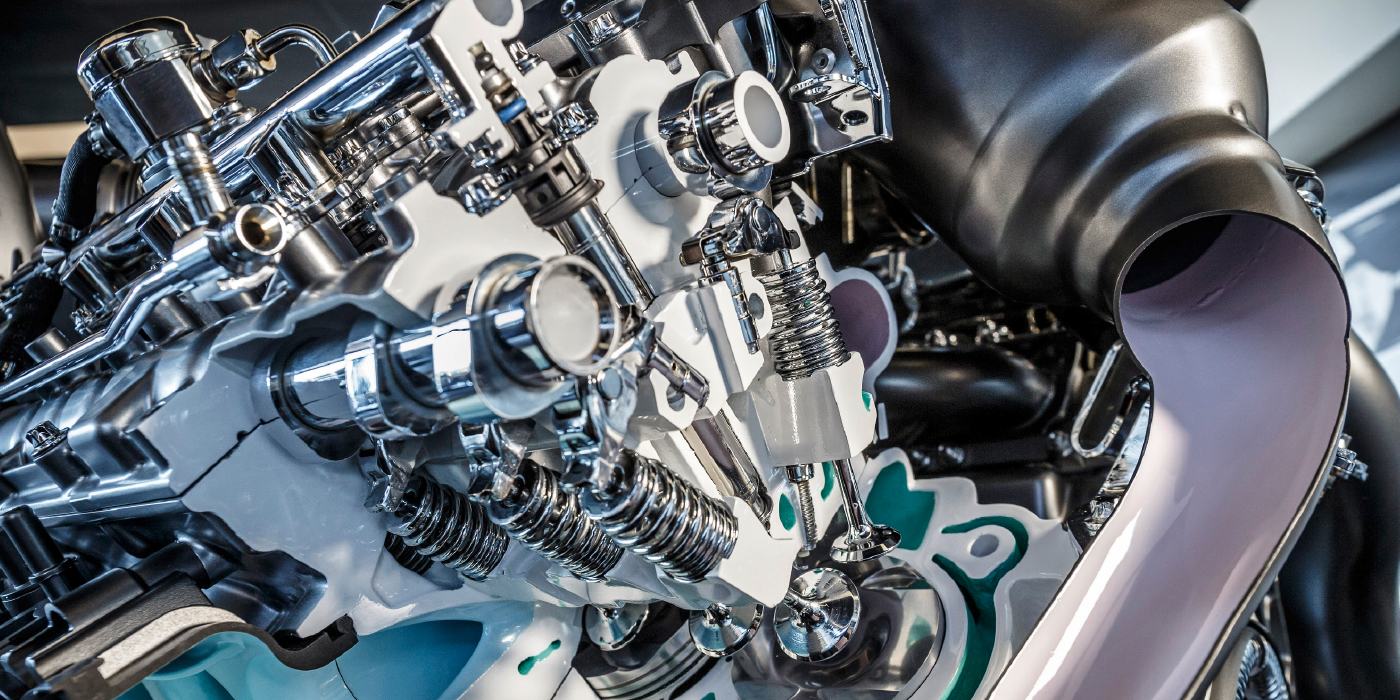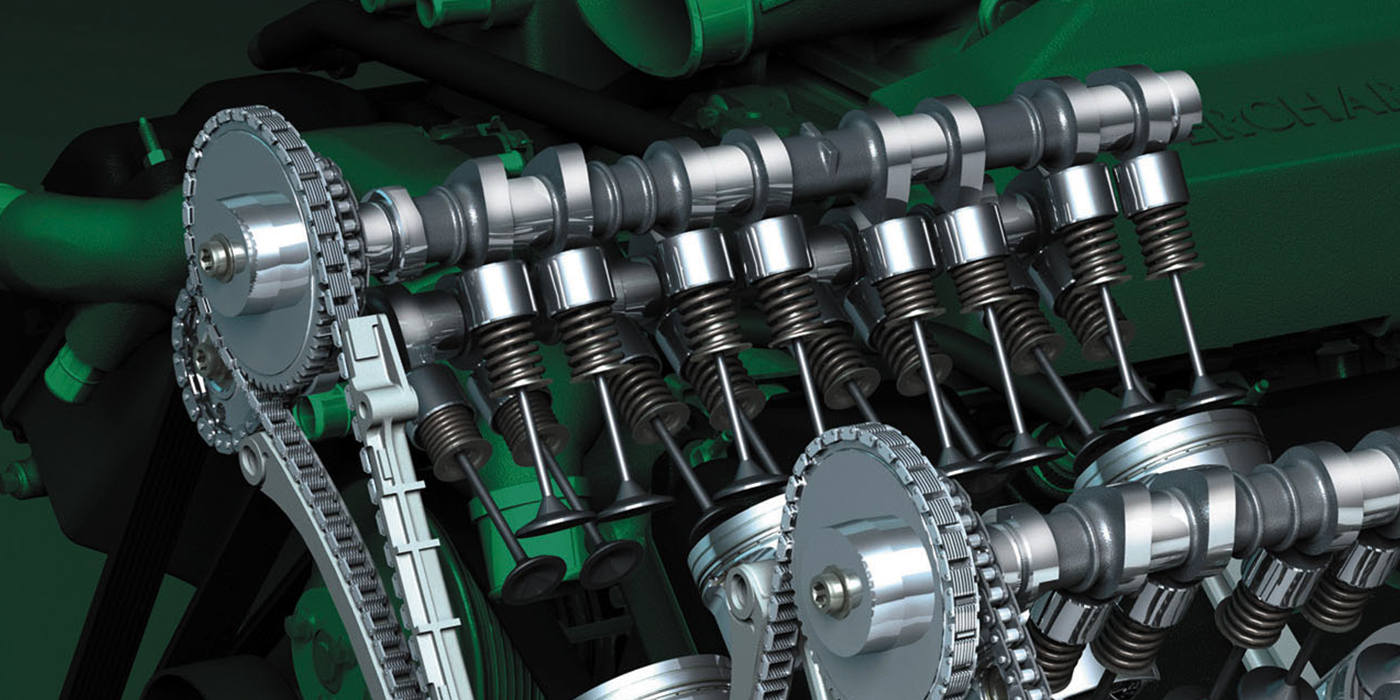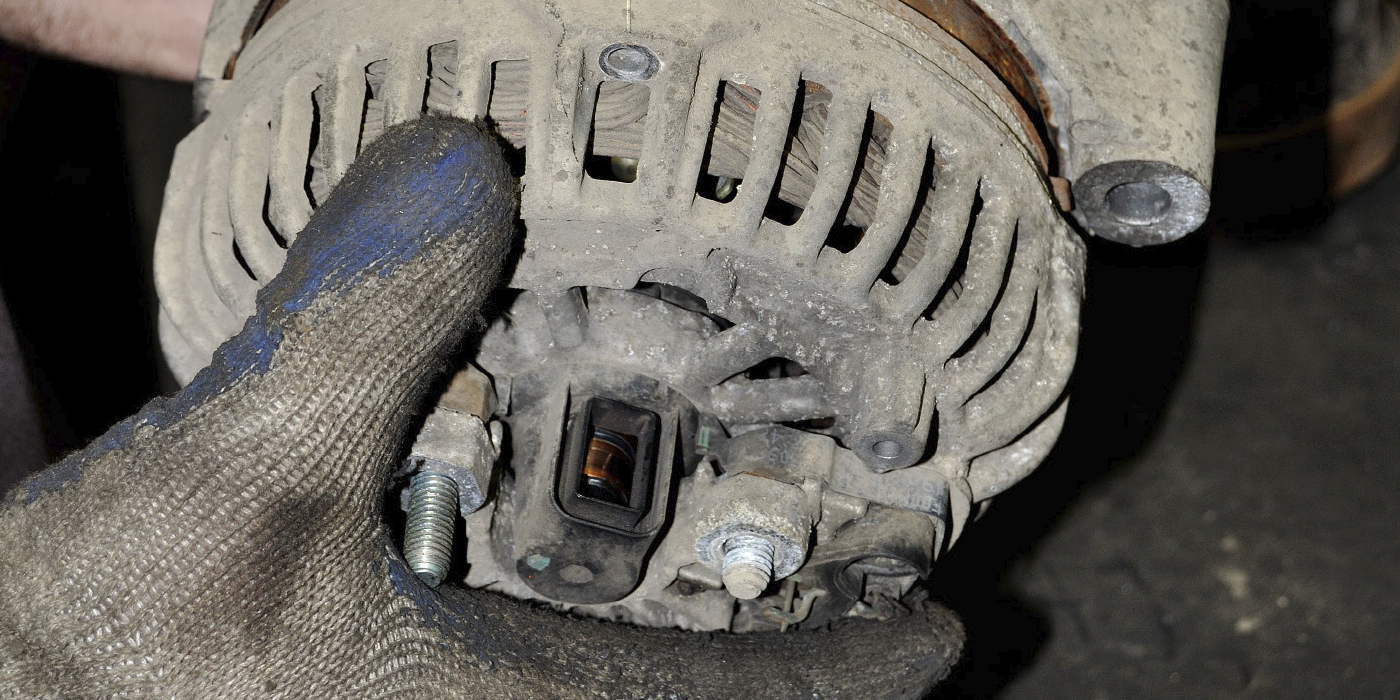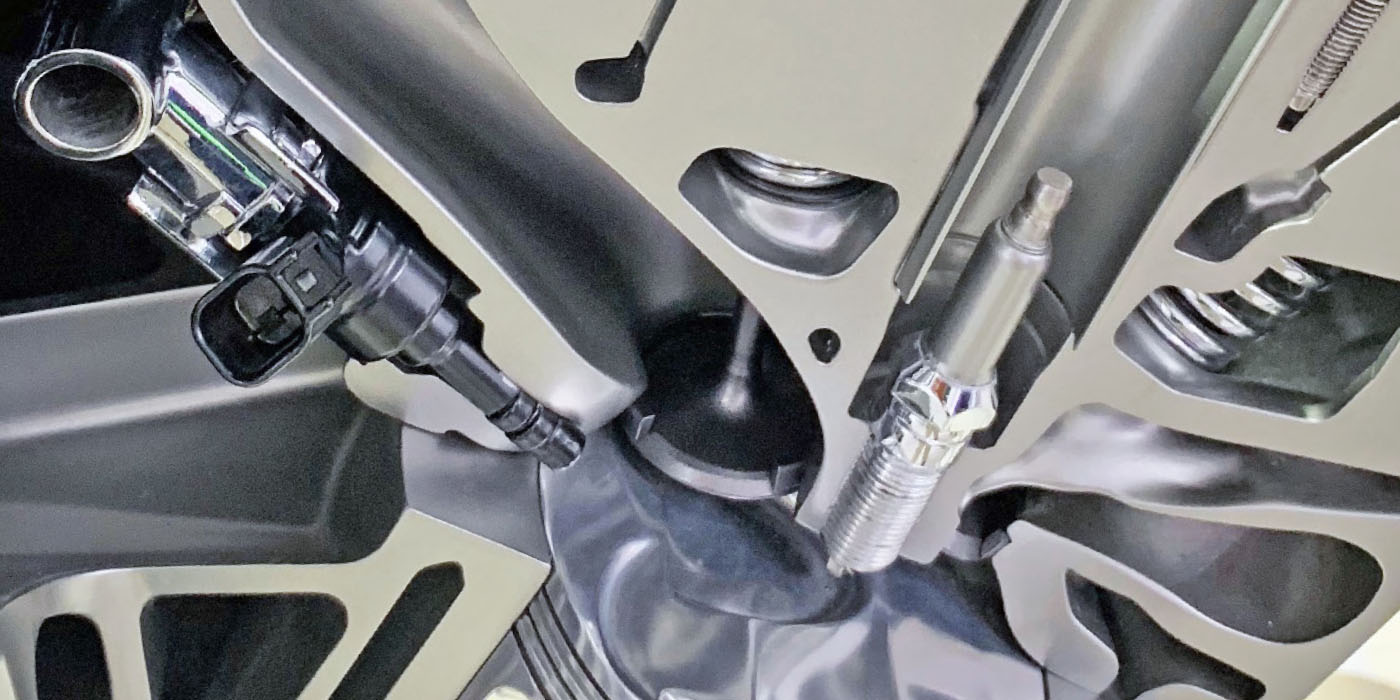Ohio Technical College (OTC), a premier provider of specialized technical training in a wide variety of transportation fields, has formed a partnership with Jasper Engines and Transmissions to use its products in the school’s Automotive and Auto-Diesel programs.
Through the partnership, JASPER, a maker of remanufactured gas and diesel engines, transmissions and differentials, will provide engines, transmissions and differentials along with manufacturing, marketing and sponsor support to OTC. Students will train on the company’s products during a six-week course held in the new Jasper Engines and Transmissions Training Center Lab building.
“We are excited to have JASPER as the official automotive engine and transmissions partner of OTC, and they will have a great presence in training the next generation of technicians,” said Tom King, Vice-President of Enrollment Management and Technical Training for OTC. “The Jasper Engines and Transmissions Training Center allows our students to work with quality products that come from a leader in remanufacturing.”
The training center will consist of five classrooms: three engine labs, one automatic transmission lab, and one manual transmission and differential lab. Students will learn disassembly, measuring, cylinder honing, how to work with heli-coil inserts, timing belt installation and proper re-assembly and torque procedures. The JASPER course will also train students on automatic transmissions in rear- and front-wheel drive vehicles which will be covered in car diagnostic testing as well as transmission removal and reinstallation. In addition, the manual transmission classes will cover differentials.
OTC’s ASE/NATEF-certified Automotive Technology program offers relevant hands-on training over the course of 72 weeks, while the Auto-Diesel program combines the automotive courses with Diesel Equipment Technology training. Some of the subjects covered include engine performance and repair, automatic transmission and transaxle, manual drive train and axles and alternative fuels.

